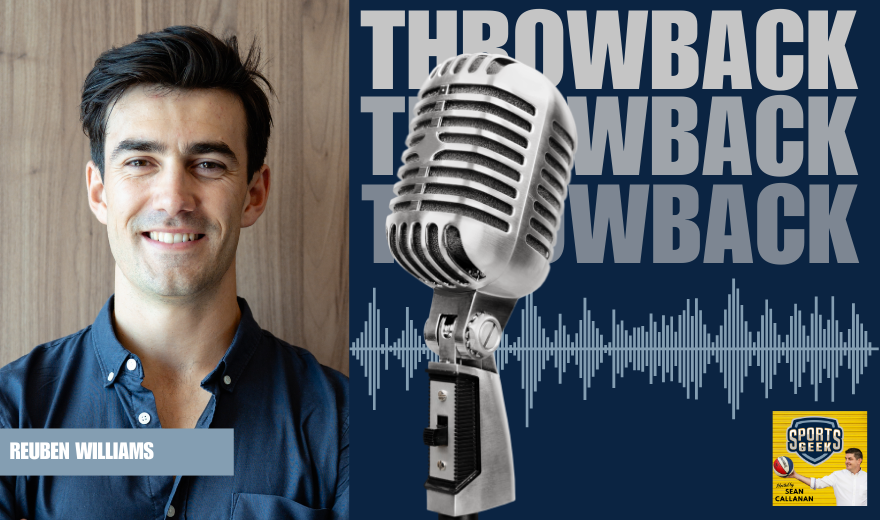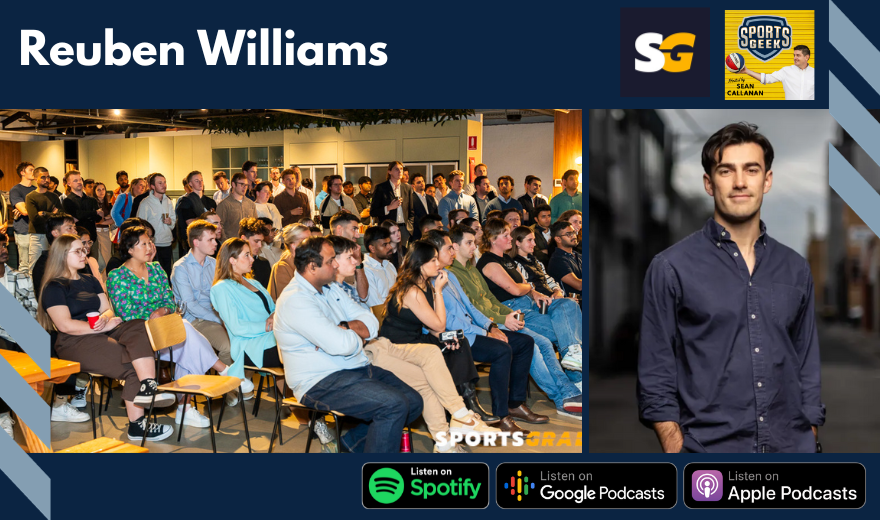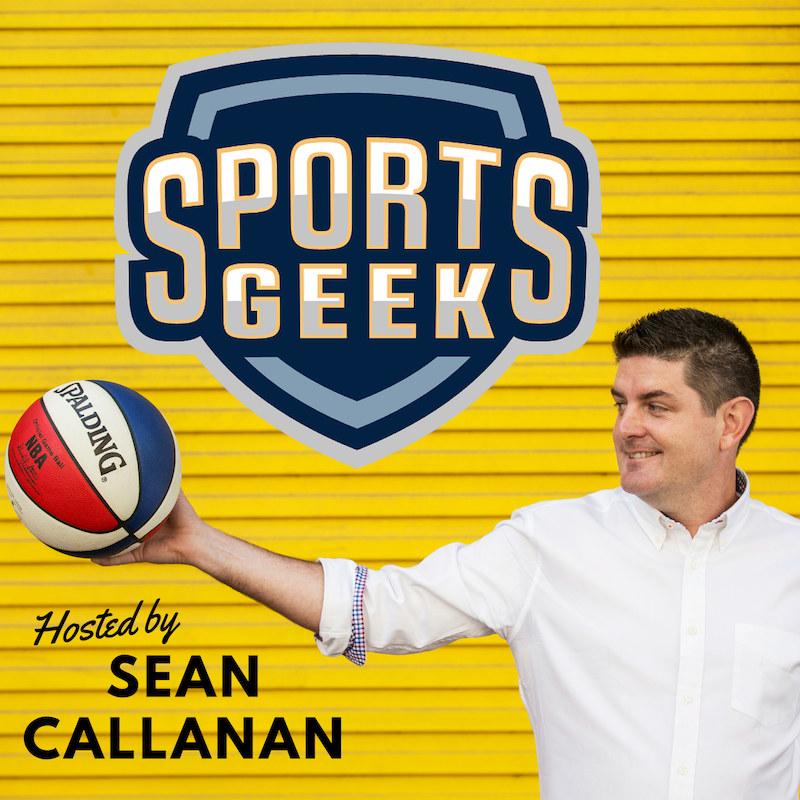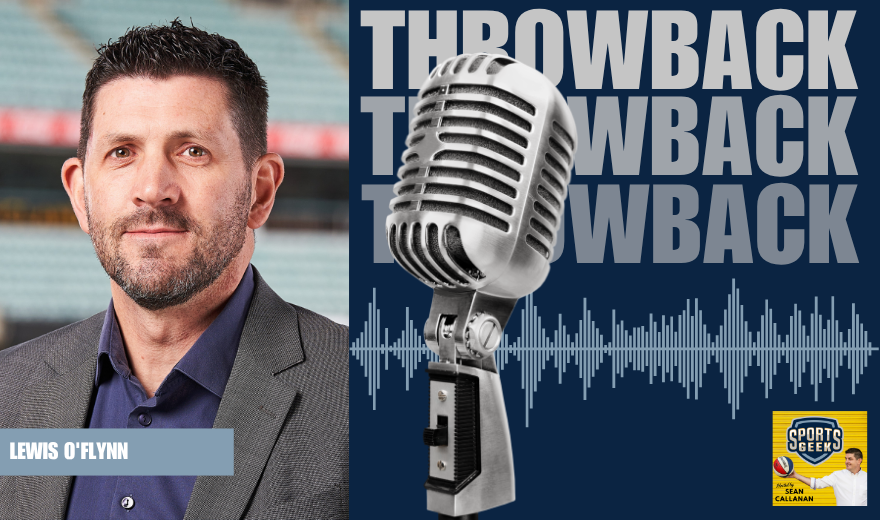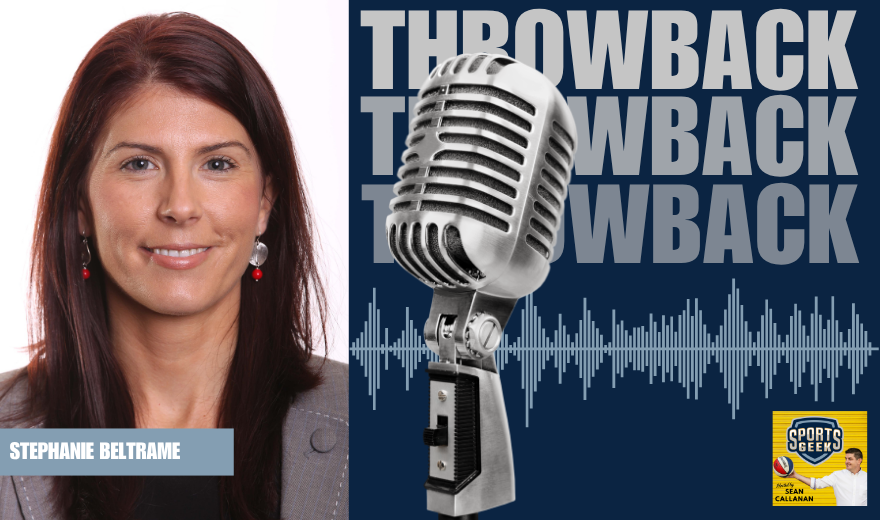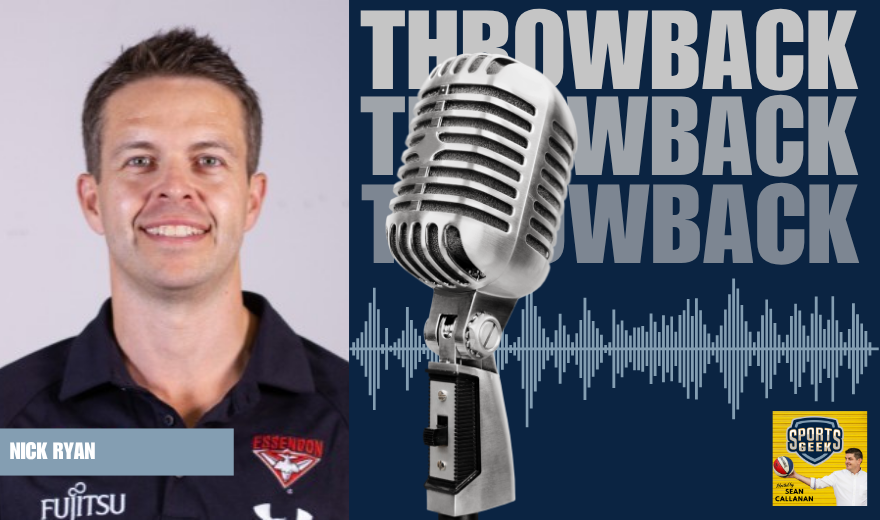This transcript has been lightly edited by AI
Sean: you're obviously natural at, at the networking game and meeting people and sort of getting out there, is there?
Sean: Is there tips for people who, you know, is there a networking for introverts sort of guide or like to help people, you know, get out of them, get, get outta their own way to a certain degree? Yeah, so
Reuben: I, I'm a, a natural introvert, so I've had to learn a lot of extroverted skills. When I was in university, the first time I ever reached out to, to someone to have coffee with them, I had their phone number punch it into my phone.
Reuben: But then for the next 25 minutes, I was pacing around my backyard doing this, trying to bring myself to press call. We've come a long way since then, but so I can totally empathize for those introverts who find it difficult. So on the podcast, probably, it's probably a year ago now, but we did do like a networking series of, you know, all the do's and don'ts and, you know, one, one simple thing is just You know, come prepared with a couple of fallback questions, because I think the thing that hits people or is the scariest is ending up in a situation where you don't know what to say and you're kind of standing there awkwardly like where does this go?
Reuben: So if you've got a couple of fallback questions that you can go to next and at least that's your, that's your safety net. Or for example You know, if you're going to meet with someone one on one, you know, at least do your research on that person so you can, you know, ask a few more considered questions or, you know, keep an eye on what's going on with, with Link, for example, like I know you're a massive Collingwood supporter, so you know, it's a great, easy talking point.
Reuben: So I think a lot of the nerves can be taken out of networking just with a bit of preparation.
Sean: Yeah, definitely. I mean, and for the most part, if you, like, as an introvert. If you just ask the question. Mm. Like a lot, you know, we are both in the podcast camp. Everyone likes talking about themselves. Mm.
Sean: And so it's like, how, you know, what do you do in your job? Or, you know, how long have you been there? What, what, what projects you're working on. All of those kind of questions are very easy questions for, for people. And then the only other thing I find when I'm at your events is, Hey guys, pull out your phone, grab your LinkedIn , and, and, and do the swap right there.
Sean: Yeah. Right. And, and. And just be, you know, Hey, or, or, you know, the reverse of that is remember everyone you went to and said, Hey, Ruben, good to meet you at the meetup. Cheers. And so then they go, Oh, if they don't remember, they go, Oh, it must've met them at the meetup. And so you make that connection. You don't know where it'll be later.
Sean: It's not making the big old ask, Oh, can you get me a drink? It's just like make the connection. And then if you're doing things like. sharing what you're doing. They become more familiar with you. And so the next time you've started to build a rapport.
Reuben: 100 percent because like, you know, you can do all this preparation for someone who you might chat with for 10 minutes and it's up to you to decide where the interaction ends after 10 minutes or can literally.
Reuben: You know, extend to the rest of your career. So I've just done a trip to Europe and back. And one of the great experiences I had was watching the Socceroos play England in a football match at Wembley, sitting in a box with Samantha Kerr. And the invitation to that came through. I met a girl called Kiri, who I met during my internship at Australian University Sport seven years ago.
Reuben: And I kind of felt like, oh gee, this is like, you know, all the effort put into just staying in touch with people feels like it's cultivating in one amazing experience right now. And You know, there's been a number of different examples where like all these random and wonderful things come up, but you know what you do in that moment's great, but it's what you do after that that counts.
Sean: It is the very much to use a baseball analogy, lots of singles, not swinging for the home run. I think where there is a an issue where it's, you know, straight up. Ghost connecting where they just hit you up know who you are. There's no, no context or, you know, meeting someone and just quizzing them on what jobs are available.
Sean: It's like, they're not there for that. But you don't know when, you know, that person leaves that job and comes to another job. And those, those kind of things that can really open up, you know, down the track. And I think, you know, the events. Especially in, you know, towns like Melbourne, that's really sports focused, like getting everyone together and being able to find out what other people are doing, because you get so focused on, you know, your job, whether it's, you know, in cricket or you're in basketball, you don't have the time to find out.
Sean: And it's a very, you know, competitive sports, a weird competitive space, right, where, yes, you know, Carlton are playing Collingwood or, and sometimes that bleeds into the off field. You know, off the field, it's like, well it doesn't need to be, you know, it doesn't need to be that. So it is quite funny. You know, sport is very different in that instance.


